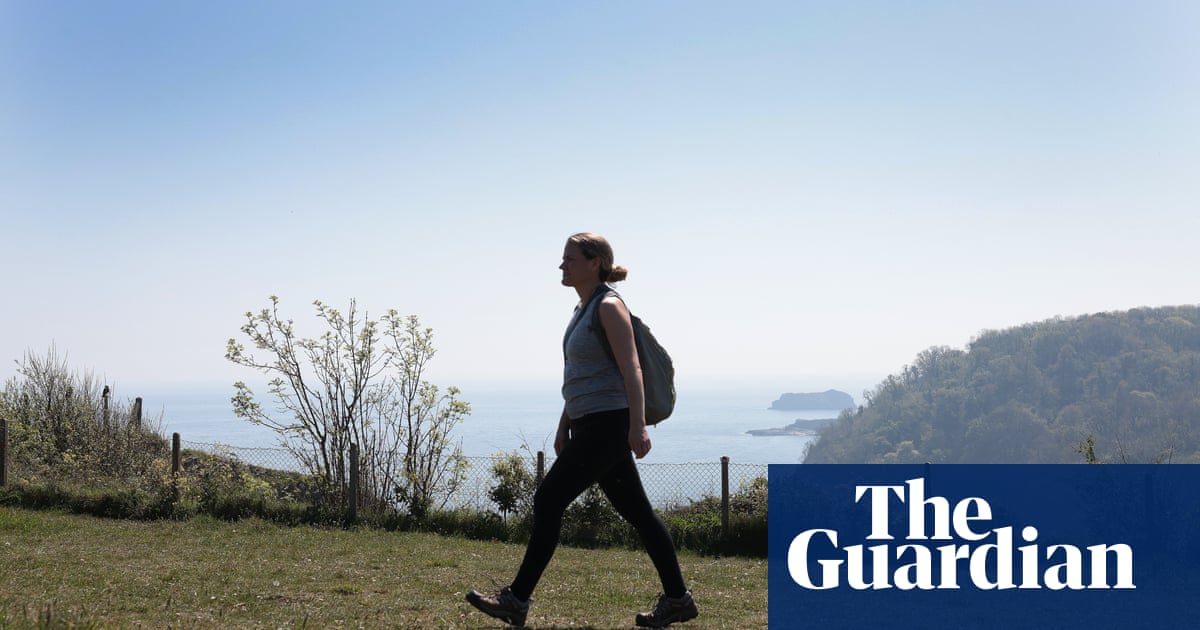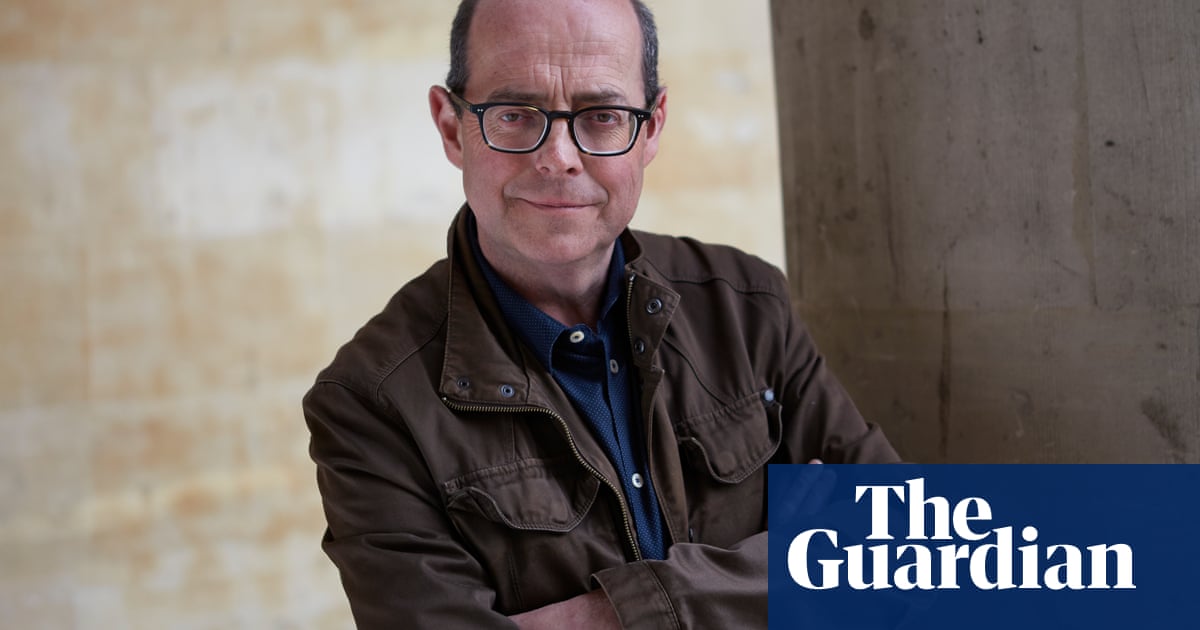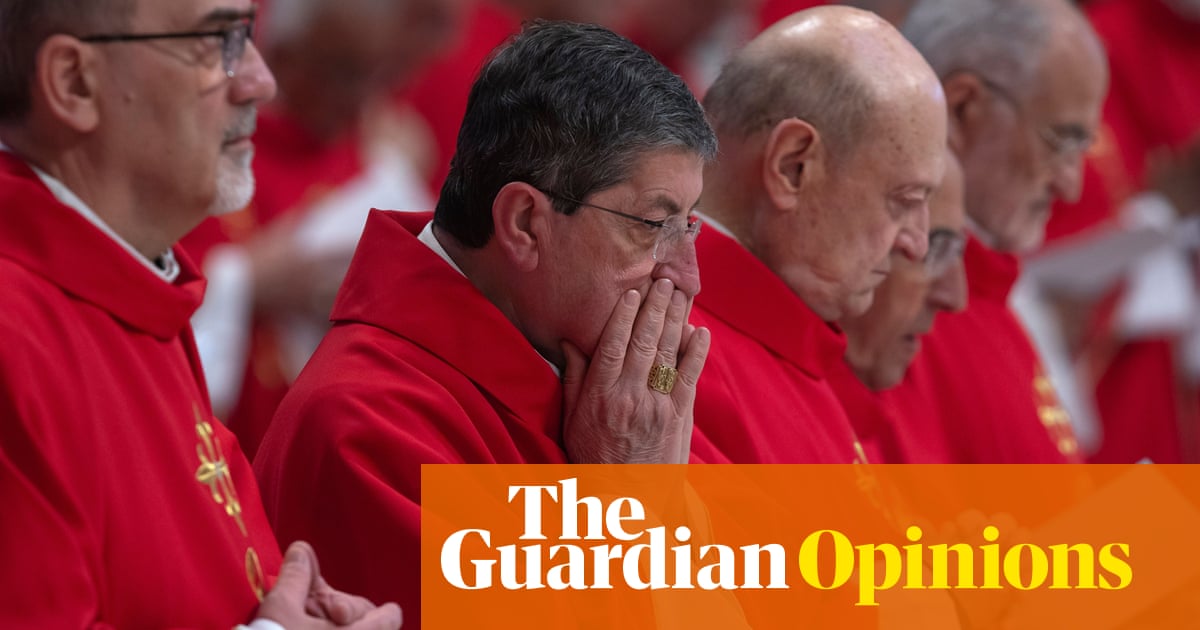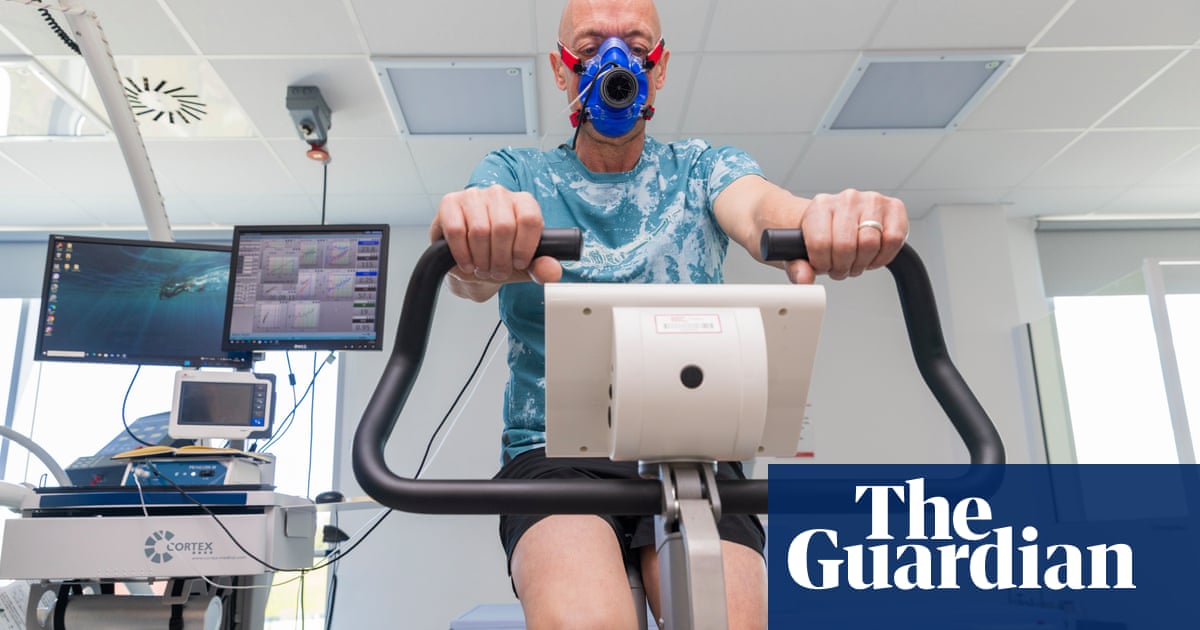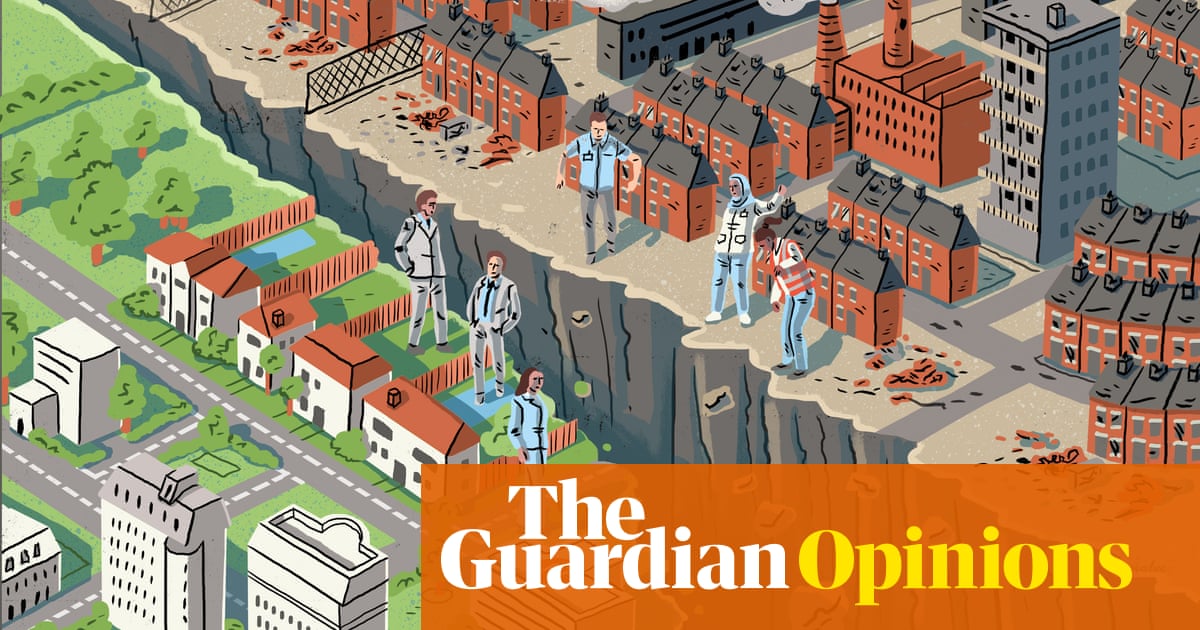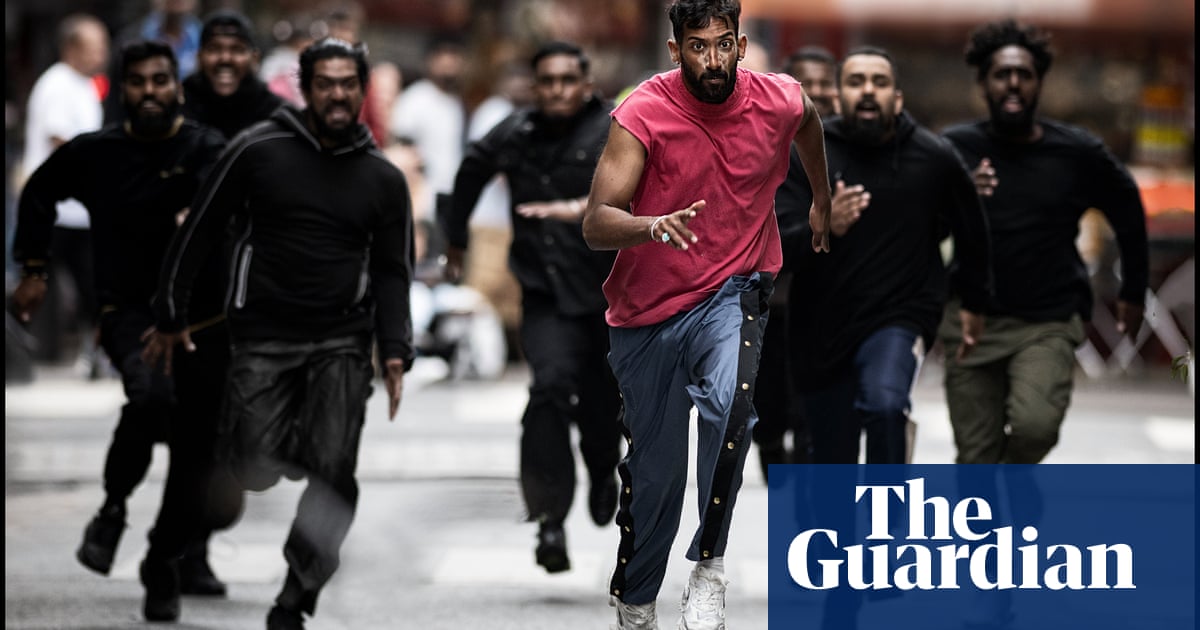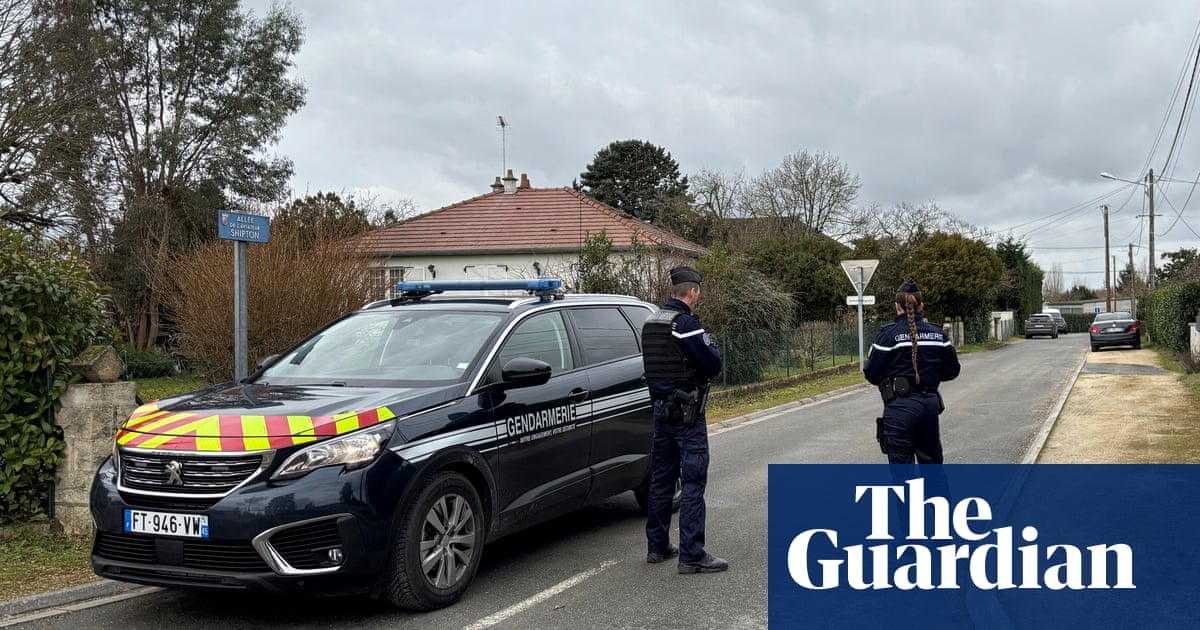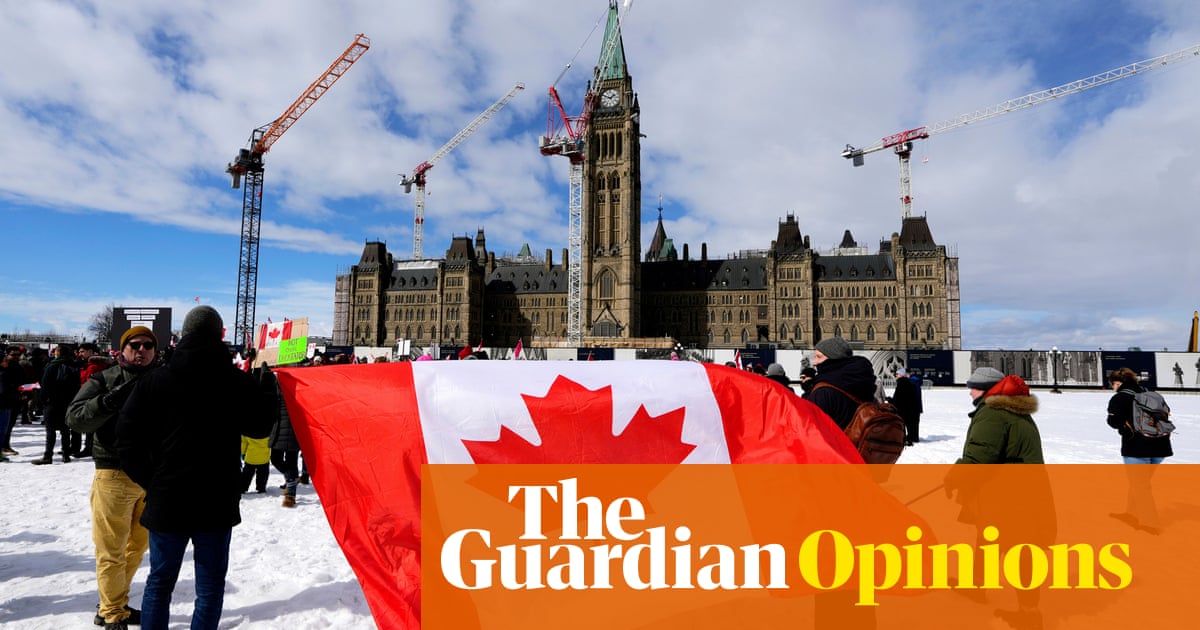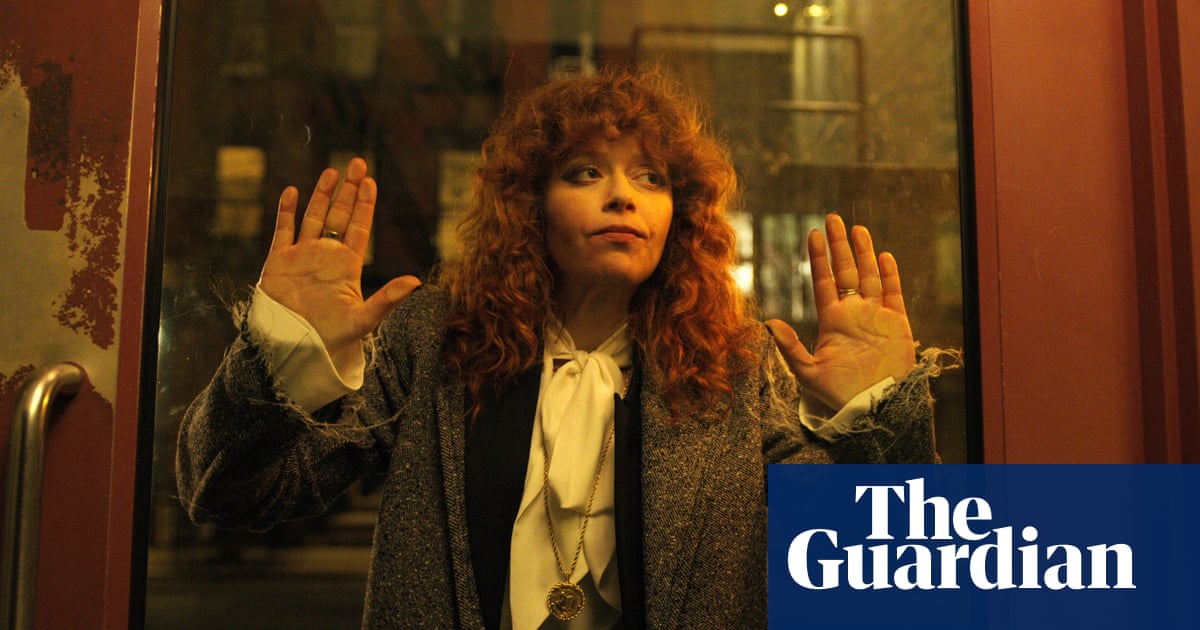Within the ashes of what used to be Christopher Fudurich’s home in Los Angeles, some objects from his garage music studio were still identifiable. Microphones charred and blackened, a scorched keyboard and melted cables among the toxic debris. Not just objects; a life’s work, passion and creativity burned up. “Things I’d been collecting since I was a teenager,” says the songwriter, producer and sound technician. “Just gone.”
This was the reality confronted by Fudurich, and thousands of other Angelenos, following January’s wildfires. Their homes have been damaged or levelled, their possessions destroyed. The fortunate ones fled with what they could; for Fudurich that was some treasured vintage synthesisers, a bag of clothes and his passport.
Still, he and his partner escaped with their lives; 30 others did not. America’s second most populous city was used to wildfires, but not like this. From the coastal oasis of Malibu to the villas of the Pacific Palisades, fierce Santa Ana winds combined with tinderbox dry conditions saw blazes roar through multiple neighbourhoods. They were simply too fast, big and geographically widespread to be contained. At its peak, one fire in the Palisades covered an area roughly 15 times the size of the Glastonbury festival site. Overall, an estimated 180,000 residents were evacuated; 17,000 structures destroyed; the total cost of the disaster hitting billions. LA was a city overwhelmed, struggling to rescue itself from an inferno.

For its part, the music community responded immediately. There were messages of shock and solidarity. Major artists lined up with donations to the relief efforts: from Beyoncé and the Weeknd to Taylor Swift and Metallica. Gigs were cancelled, albums delayed, Grammy parties postponed. Promoters and streaming platforms paused their rivalries to organise FireAid, a pair of A-list mega-concerts staged with miraculous speed that raised $100m. Countless grassroots benefit events – from punk bars to club raves – have taken place in LA and beyond. In the home of Hollywood entertainment, music’s response was loud and strong.
However, three months on, the city’s own music community is still coming to terms with a fresh, complex lived reality. Not just the notable performing artists whose homes were destroyed – such as hip-hop producer Madlib or the rock-pop band Dawes – but the thousands of music workers who call LA home.
“Music professionals in general are a vulnerable population,” says Laura Segura, the executive director of MusiCares, an established charity foundation supporting the music sector. “The pay is not regular. Many are independent contractors who are just trying to make ends meet.” LA is a magnet for those people. Because of its significant music legacy, but also its concentration of networking opportunities: a vibrant, influential concentration of recording studios, record labels and business headquarters.

The extent to which music professionals have been affected was first revealed by a spreadsheet that went viral. The first night of the fires, Judy Miller Silverman, a longtime music publicist, watched as a colleague posted online about their rush to get to safety. “My heart just dropped. You have two kids and two pets and you’re evacuating – how scary,” says the LA resident. “The next morning, she said: ‘Our house is gone.’ My jaw hit the floor.”
Very quickly, Miller Silverman’s online feeds were full of similar stories – desperate tales of loss – and fundraising links. Her response? “The only thing I could do at the time,” she says, “I opened up a spreadsheet.” On the first day, the document logged the details of eight or nine fire-affected music professionals. Most had lost everything. Within days, as the link spread rapidly between WhatsApp groups, it grew to hundreds (400+ at time of going to press). Collectively, the fundraisers indexed have raised $19m.
The sheet reads like an inventory of music industry jobs: guitar tech; conductor; music lawyer; sound healer; artist photographer; record label executive; lighting tech; venue manager; composer; booking agent; piano teacher; band manager; backing singer; DJ; promoter; mastering engineer; video director; songwriter. The list goes on. These workers often live project-to-project on irregular salaries, with careers that had already been reshaped by the Covid-19 pandemic. When this sector is struggling, there are potentially significant ramifications for the music industry as a whole.
Based in Santa Monica, Alejandro Cohen is the music director at KCRW, a public radio station that champions the city’s sounds. His team got involved to help organise the response efforts: sharing word of everything from hotels to food, offers of free studio time and replacement gear. “We knew that the situation was unique for musicians,” says Cohen. “We wanted to do what we could to connect those donating resources to those that needed them.”
He is, at the same time, grieving the impact. “I’m concerned about what we lost that connects us to our past and our history,” he says, pointing towards the numerous reports of archives, master tapes and memorabilia lost in the fires – the storied instruments, vinyl collections and gig posters. LA’s creative ecosystem has, in part, been gutted by the disaster. “They form so much of our identity,” reflects Cohen. “Part of our history was erased with those fires.”

Altadena, the mountainside neighbourhood tucked up on the city’s northern hairline, may not have had a famous record store or a street packed with venues like the Sunset Strip, but it was – quietly – a hotbed for the city’s music community, largely due to its diversity, generational mix and historic affordability. Emeka Chukwurah co-owned Rhythms of the Village, a vibrant music store-cum-community space in the centre of the district, a self-described “ultimate welcoming place”. A family business, the shop was run by Chukwurah – himself a rapper and designer – with his musician father, Onochie, who settled in LA after visiting the city on tour with Fela Kuti in 1969. It was the pulse of the neighbourhood, in spirit and in sound – on weekends the family would play Afro-Cuban and west African drumming out front on the street. Inside were bespoke artworks, instruments and curiosities. Twice a year, they’d throw a community festival in the car park they shared with the local post office. “Young and old, people come together, that’s what I love about what we do,” says Chukwurah.
The first night of the fires, he evacuated with his partner and their toddler and travelled to a nearby hotel. The next day, his father was first to the store. “I called him … the cry he cried. I could hear the devastation of 12 years of accomplishments. Everything we built, and were unable to save.” Rhythms of the Village – and all its one-of-a-kind contents – was gone.
It left Chukwurah, and performers and music business owners like him, facing an immediate loss of income. But it also severed the connection with their local community they’d worked tirelessly to create. “We’re still trying to heal, still trying to find our voice,” he says, optimistically. “There are high levels of compassion. The music community is coming together and becoming maybe even more tight-knit.”
after newsletter promotion

All these weeks later, a sizeable segment of LA’s music workers continue to be displaced – strewn across the city, and elsewhere, in temporary accommodation. MusiCares’ initial response was about getting them food and shelter; Segura says the priority is now accessing secure housing and a place they can work. “So many people make their money using specific instruments or music tools. You can’t make music without these,” she explains. “And so many people make their music at home – homes that have now burned down.”
Even those with homes or workspaces to rebuild – many were renters – face stark choices. To stay means navigating the administrative toll of recovery: insurance and legal claims; government fund and grant applications; securing architects, materials, labour. A process that could take years, coupled with the strong likelihood that the cost of home insurance will increase.
“It’s turned into a full-time job trying to figure out this entire process,” says Fudurich who, as well as navigating the aftermath of the fires, is undergoing treatment for throat cancer. It’s no surprise that some – by choice or not – will leave LA, driven by prohibitive rebuilding costs, the security of work elsewhere, or the recognition that the climate crisis is multiplying the likelihood such fires will happen again.

So, does LA face the very real possibility of a creative “brain drain”? Or, at least, a pause in creativity? “There’s no doubt it’s affecting the creative output of our industry. Even if people aren’t talking about it yet. All of those people are now focused on that [recovery] versus making music,” says Segura.
“My fear is that people will give up on music completely because they don’t have the resources to put their lives back together. I like to stay positive. We’ll have to reinvent the resilience to make music. In Los Angeles, we don’t know what that looks like yet.”
For the moment, Fudurich, like Chukwurah, is resolved to stay, even if the reality of that is unclear. “Our neighbourhood, Altadena, will definitely be different,” he nods. “Everything’s still a big question mark.”
He brightens, explaining he’s just finished his first music project since the fires, a song with his synthpop group Moderns. “I was not going to let this knock me down. I was not going to let this kick me out.”
For more information about the organisations supporting fire-affected residents in Los Angeles, visit fireaidla.org

.png) 5 hours ago
4
5 hours ago
4
